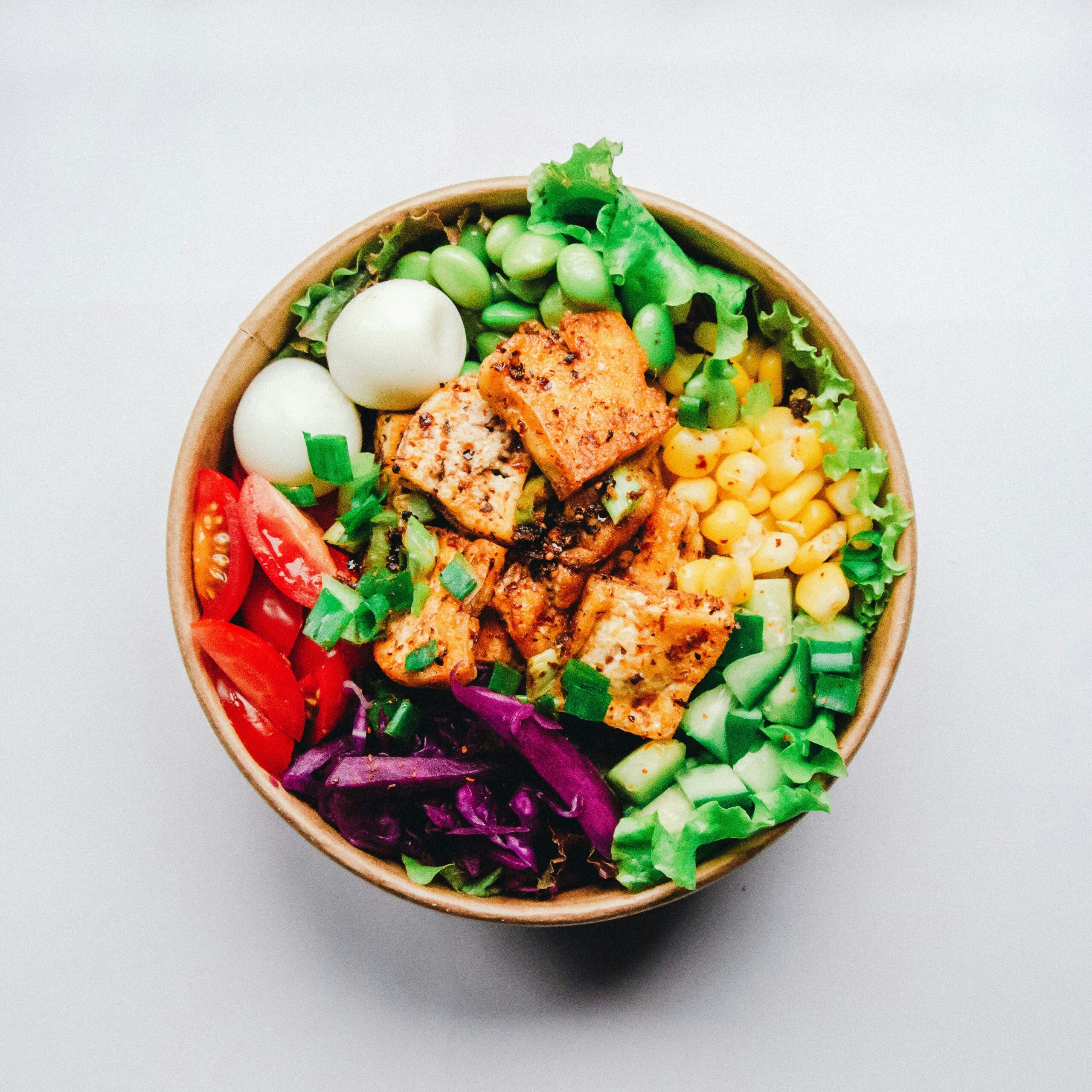As we age, the significance of maintaining a healthy diet becomes increasingly apparent. Nutrition plays a pivotal role in senior independent living, influencing overall health, energy levels, cognitive function, and the body's ability to combat illnesses. Choosing the right foods can significantly impact the quality of life for seniors, promoting vitality and well-being. Let's delve into the importance of a balanced diet and how it contributes to optimal senior living.
Nutritional Needs for Seniors
Seniors have specific nutritional requirements due to changes in metabolism, reduced activity levels, and potential health conditions. Adequate intake of essential nutrients such as vitamins, minerals, protein, fiber, and healthy fats is crucial to support healthy aging.
Maintaining muscle mass, bone strength, and cognitive function becomes increasingly important as we age. Incorporating protein-rich foods, calcium, and vitamin D can help mitigate age-related muscle loss and support bone health. Antioxidant-rich fruits and vegetables can aid in reducing inflammation and promoting brain health.
The Impact of Diet on Health
A well-balanced diet directly influences various aspects of senior health. It can help manage chronic conditions such as diabetes, hypertension, and heart disease. For instance, reducing sodium intake and consuming heart-healthy foods like whole grains, lean proteins, and unsaturated fats can contribute to better heart health.
Moreover, a nutritious diet can bolster the immune system, reducing the risk of infections and illnesses. Essential nutrients like vitamin C, zinc, and antioxidants found in fruits and vegetables play a crucial role in supporting the immune response.
Cognitive health is another area profoundly affected by diet. Research suggests that certain nutrients, such as omega-3 fatty acids found in fish, nuts, and seeds, may help protect against cognitive decline and support brain function.
Practical Tips for Choosing the Right Foods
- Prioritize Nutrient-Dense Foods: Encourage a diet rich in whole grains, lean proteins (fish, poultry, legumes), fruits, vegetables, nuts, and seeds.
- Monitor Sodium Intake: Limit processed and high-sodium foods to support heart health and manage blood pressure.
- Stay Hydrated: Seniors may be more prone to dehydration, so ensure an adequate intake of water and other fluids.
- Consider Individual Needs: Tailor the diet to specific health conditions or dietary restrictions while consulting with healthcare professionals or nutritionists.
- Practice Portion Control: Adjust portion sizes to meet individual needs and prevent overeating.
The Role of Community and Support
In senior residences, access to well-balanced and nutritious meals is often readily available. These communities often offer dining options designed to meet dietary needs and preferences, providing a social and supportive environment for enjoying meals together.
Additionally, educational programs and nutritional counselling provided by these communities can empower seniors with knowledge about healthy eating habits and encourage them to make informed dietary choices.
Trust Livita for Senior Independent Living
By making conscious choices about the foods they consume, seniors can significantly enhance their overall health, vitality, and quality of life. Embracing a nutritious diet tailored to individual needs lays the foundation for healthy aging, fostering well-being and longevity.
If you’re looking to schedule an appointment at one of our residences or are wondering about our services, contact us today!

































